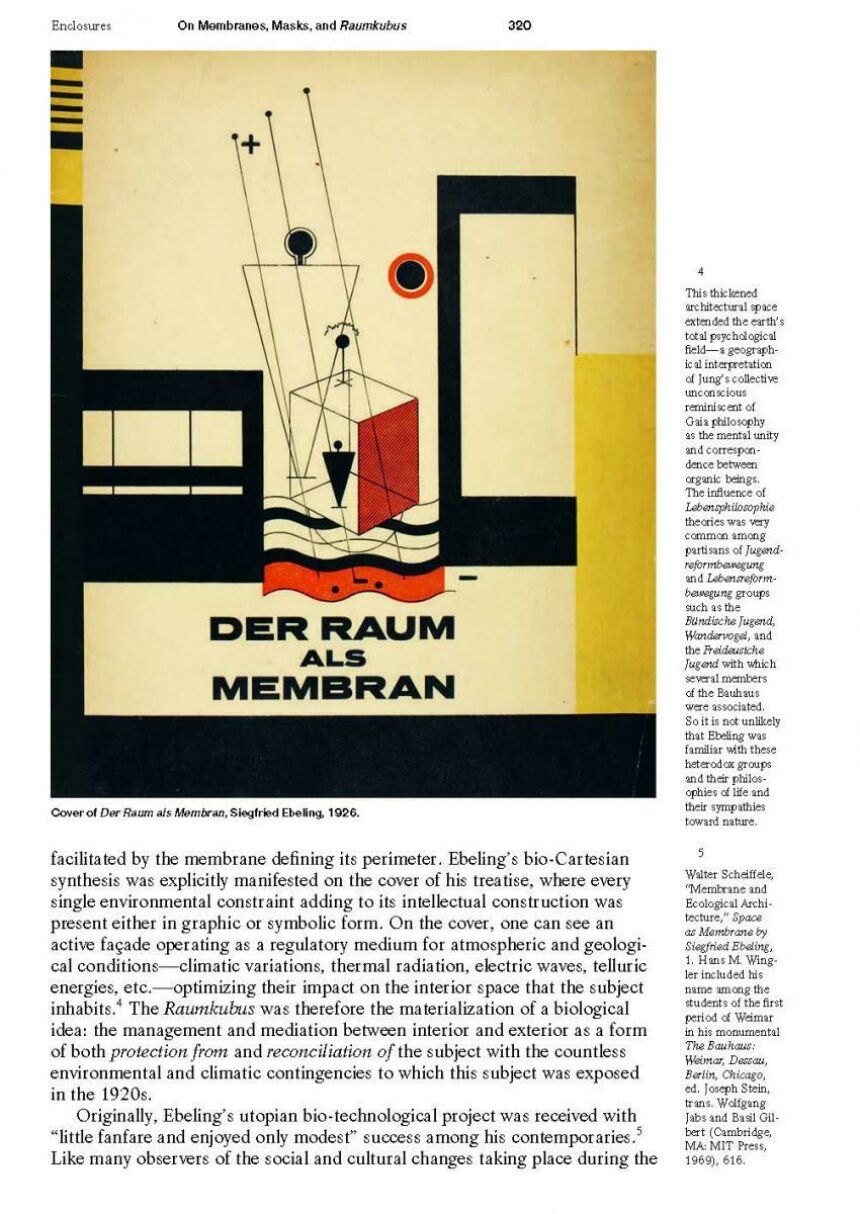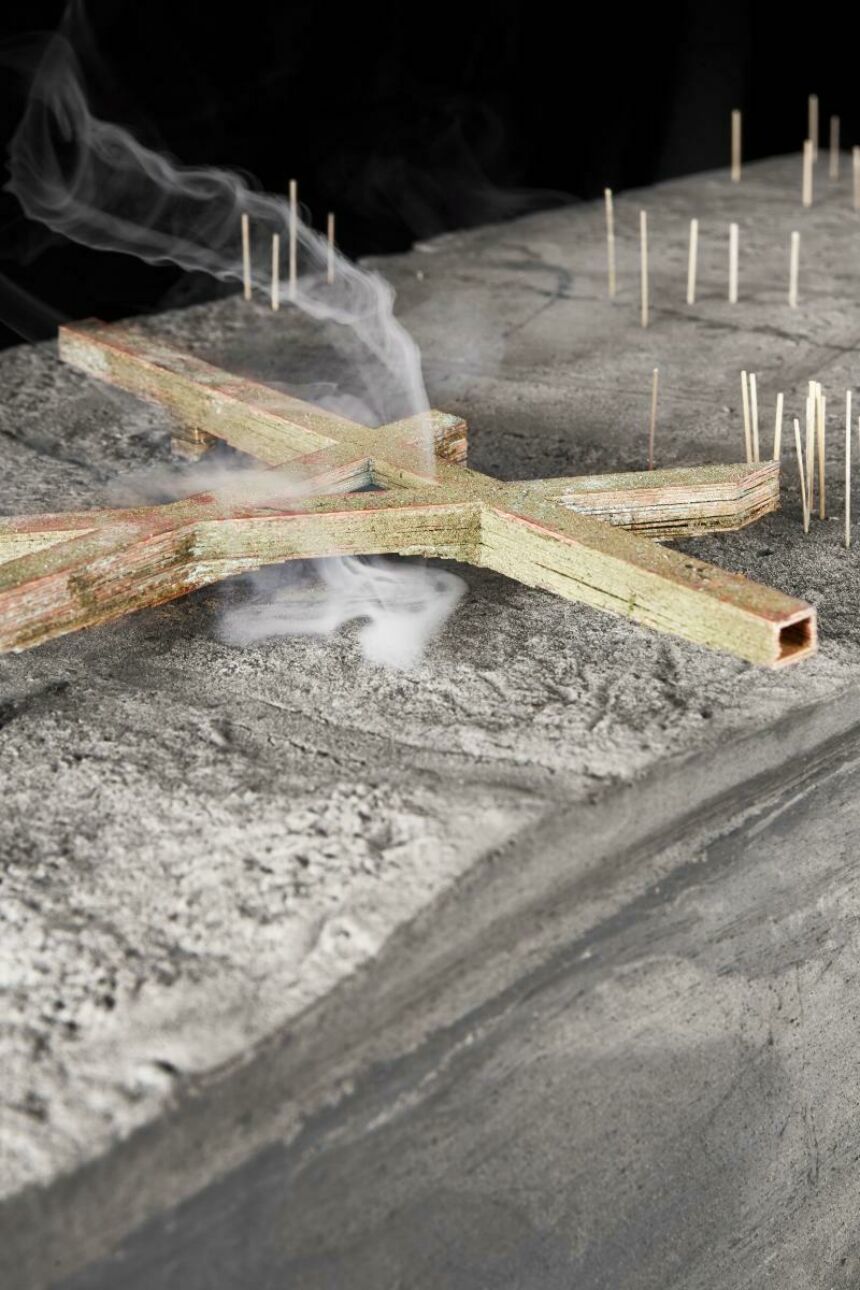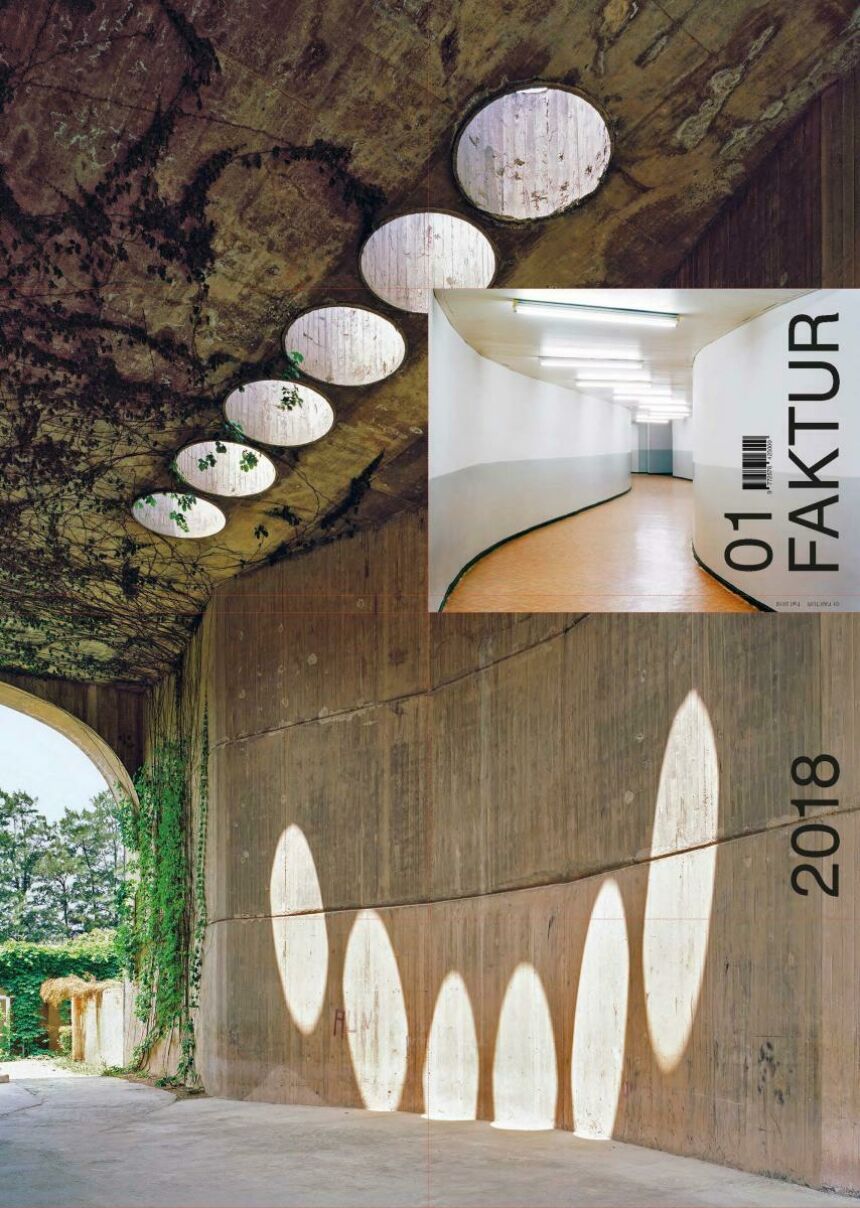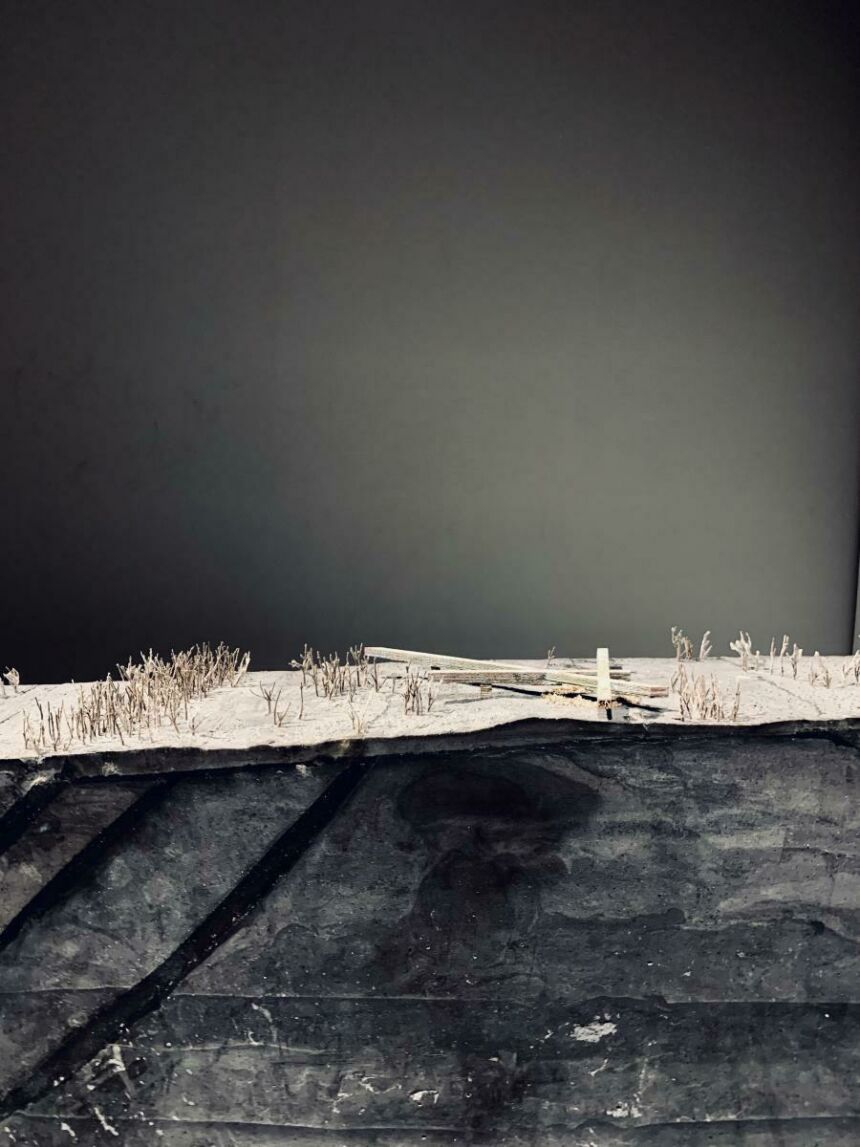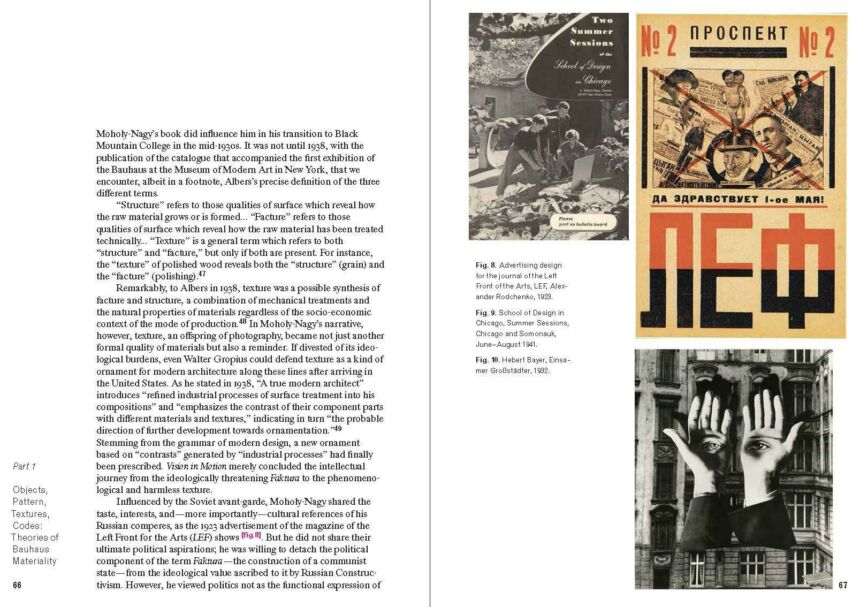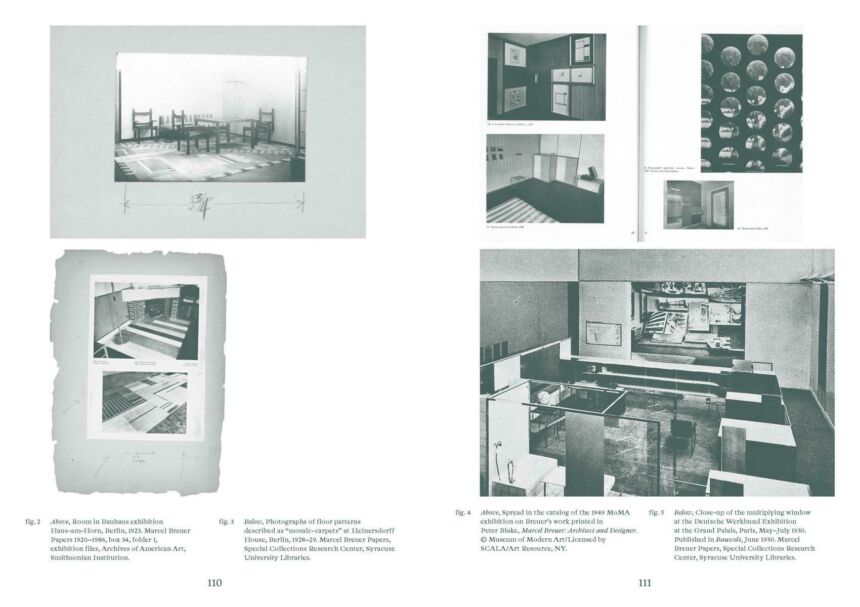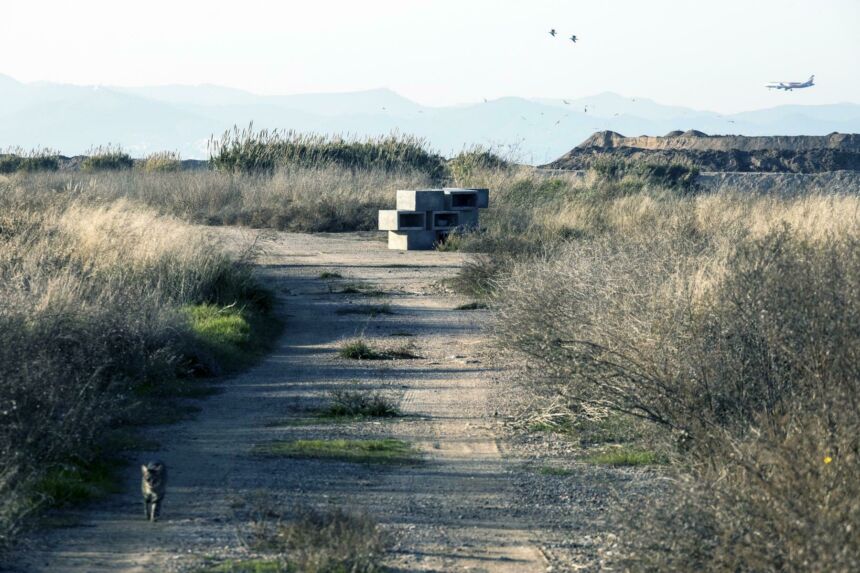Pep Avilés
- Associate Professor of Architecture
- Stuckeman Career Development Professorship in Design
331 Stuckeman
- Email lua57@psu.edu
- Phone 814-863-0972
- Pronouns he/him

Biography
Pep Avilés is a historian, architect, and educator who focuses on the influence of media on modern architecture after World War II in Europe and the Americas. His research investigates the role architectural images had in shaping the historiography of architecture, exploring the ideologies, politics, and aesthetics they convey. He has completed a book titled Gaudí’s Afterlives: Image, Ideology, and Postwar Architecture (to be published in 2025) which pays close attention to the social networks responsible for re-mediating Gaudí’s architecture as a method of historical analysis. More recently, Avilés has concentrated on the relationship between local mineral resource extraction, abandonment, and environmental impact in the context of climate change. His book Sentinel Lands: The Geospace of Mine Fires (2025) summarizes academic and curatorial research previously exhibited at the Oslo Architecture Triennial (2019), the Rouse Gallery at Penn State (2022), and the Carnegie Museum of Art in Pittsburgh (2023-24).
Avilés is the editor of the Spanish edition of Siegfried Ebeling’s 1926 publication Der Raum als Membran, (Barcelona: Mudito, 2015), and his essays have been published in journals such as the Getty Research Journal, Thresholds, Quaderns, and Footprint, as well as in edited volumes like Dust and Data: Traces of the Bauhaus Across 100 Years (Ines Weizman ed., 2019), and Climates: Architecture and the Planet Imaginary (James Graham, et. alt., eds., 2016). His research has been sponsored by the Canadian Centre for Architecture in Montreal and the Getty Research Institute in Los Angeles. He received the Harold W. Dodds Fellowship from Princeton University and two grants to individuals from the Graham Foundation for Advanced Studies in the Fine Arts in 2019 and 2022, as well as several grants and funding from Princeton University and Penn State.
Avilés' work reflects a pedagogical and academic drive to forge new paths in architectural research, leading to an interdisciplinary and methodological approach to analyze, understand, and respond to contemporary culture. In 2018, Avilés founded the international journal Faktur: Documents and Architecture, which publishes the work of emerging scholars, academics, architects, and artists addressing global issues from a local perspective. The journal has been a finalist for awards in criticism and design such as the FAD/LAUS in Barcelona in 2019 and 2023. Before teaching at Penn State, Avilés taught history and theory seminars and design studios at the Graduate School of Architecture, Planning and Preservation, Columbia University and The Irwin S. Chanin School of Architecture, The Cooper Union. In addition to the above-mentioned locations, his work has been exhibited at The Dutch Architecture Institute NAiM / Bureau Europa in Maastricht (2012-2013), the Deutsches Architektur Museum in Frankfurt (2014), the Venice Architecture Biennale (2014), the McCormick House at The Elmhurst Art Museum in Chicago (2016), and the Centre de Cultura Contemporània de Barcelona (2016). Avilés graduated from the School of Architecture in Barcelona (ETSAB) and obtained a master's degree in the history and theory of architecture from the same institution. He also holds master of arts and doctoral degrees from Princeton University.
Collected Works
